How to Choose the Best Home Air Conditioning System for Your Needs
When navigating the myriad options available for home air conditioning systems, it can often feel overwhelming. According to HVAC expert John Smith, “Choosing the right air conditioning system for your home is crucial not just for comfort, but for energy efficiency and overall satisfaction.” With advancements in technology and an increasing awareness of environmental impacts, selecting the most suitable unit has never been more essential.
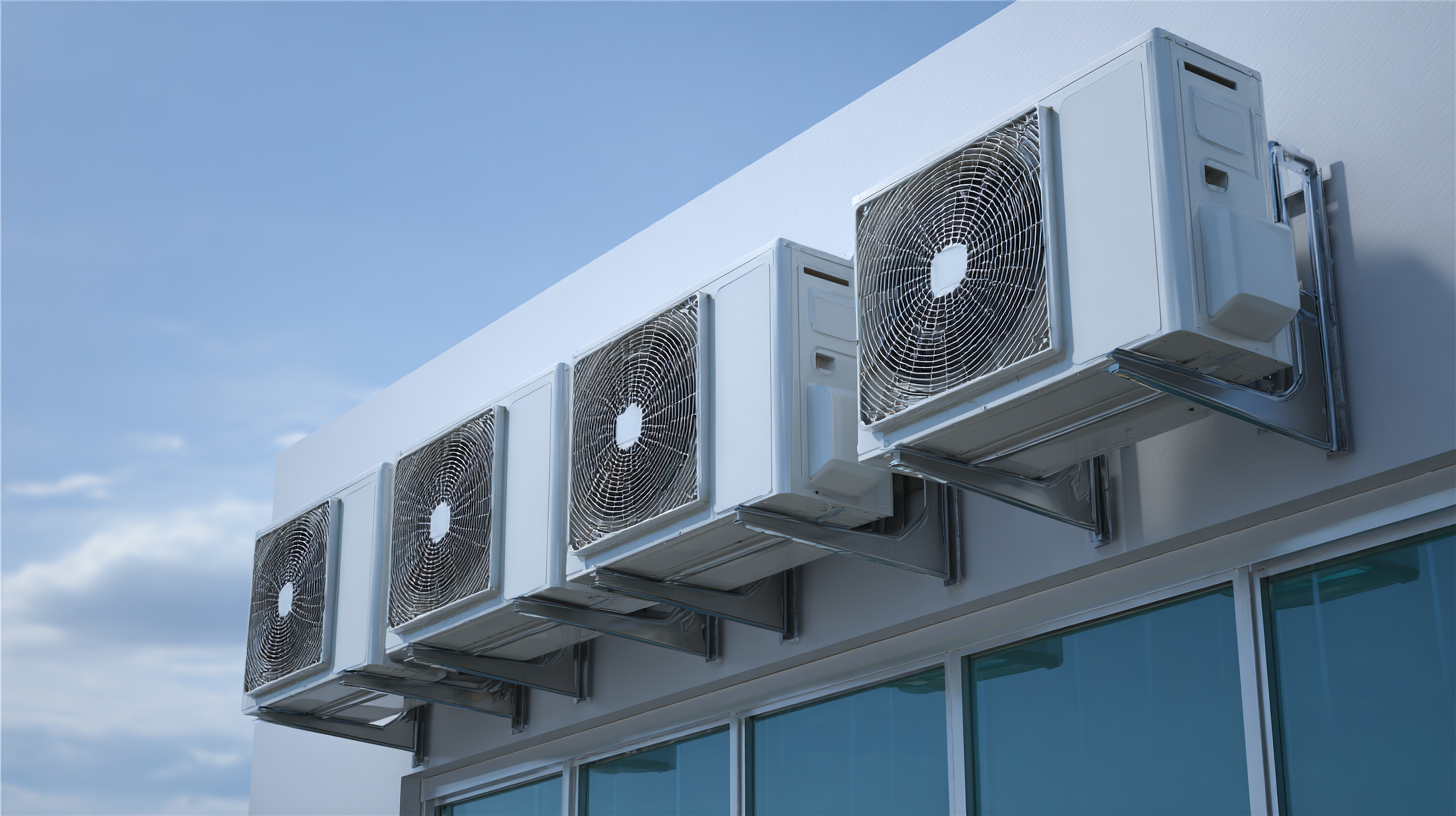
In this guide, we will explore the key factors to consider when selecting a home air conditioning system that best fits your needs. From understanding the different types of systems and their efficiency ratings to considering your home's unique layout and insulation qualities, making an informed choice is vital. By focusing on these aspects, homeowners can ensure they invest in a solution that not only provides optimal cooling but also minimizes energy consumption and costs.
As we delve deeper into the latest top-rated air conditioning technologies for 2025, it's important to recognize your own specific requirements and preferences. With insights from industry leaders, this guide aims to empower you to make a knowledgeable decision, ensuring that your home remains a comfortable haven regardless of the season.
Understanding Different Types of Air Conditioning Systems Available in the Market
When considering the best home air conditioning system for your needs, it's essential to understand the different types of systems available in the market. Each system has unique features and benefits that cater to various preferences and requirements. For instance, central air conditioning systems provide comprehensive cooling for larger homes, ensuring a consistent temperature throughout. Alternatively, portable air conditioners offer flexibility and convenience, especially in regions with extreme summer heat or for homes without existing ductwork.
Tips: When choosing an air conditioning system, evaluate the size of your space and your cooling needs. This will help you determine if a split system or a window unit is more suitable. Also, consider energy efficiency ratings to lower your utility bills while contributing to environmental sustainability. Lastly, keep an eye on smart technology options that can make controlling your home climate significantly easier and enhance comfort.
Understanding the specifics of air conditioning solutions like cooling towers, liquid cooling systems, and mini-split units can also inform your decision. The mini-split systems, for instance, are gaining popularity due to their efficiency and ease of installation, especially in homes where ductwork is not feasible. By researching these options, you can select a system that not only meets your immediate needs but also prepares you for the future.
Key Factors to Consider When Selecting an Air Conditioning System for Your Home
Choosing the right air conditioning system for your home involves considering several key factors that directly affect comfort, efficiency, and cost. One essential aspect is the size of the unit relative to your space. An air conditioner that is too small will struggle to cool your home, while one that is too large will cycle on and off too frequently, leading to wastage of energy and wear on the system.
Tips: When assessing the size, consult with an HVAC professional who can perform a load calculation to determine the required cooling capacity for your specific environment. Also, consider the energy efficiency rating (SEER) of potential systems, as higher SEER ratings often translate to lower energy bills and environmental impact.
Another important factor is the type of air conditioning system that best suits your needs. From central air systems to ductless mini-splits, each has its advantages and disadvantages based on factors like installation complexity, cost, and specific cooling needs.
Tips: Research different types to see which aligns with your home layout. Ductless systems, for example, can be ideal for homes without existing ductwork, providing flexibility and efficiency in cooling. Always think ahead about maintenance needs and warranty options when selecting a system to ensure long-term performance and peace of mind.
Evaluating Energy Efficiency Ratings for Optimal Cooling Performance
When selecting a home air conditioning system, evaluating energy efficiency ratings is crucial for optimal cooling performance. Energy efficiency is often measured by the Seasonal Energy Efficiency Ratio (SEER), which indicates how effectively an air conditioner uses energy over a cooling season. Higher SEER ratings translate to better energy efficiency, meaning you’ll spend less on utility bills while keeping your home comfortable. When comparing systems, look for models that meet or exceed the minimum SEER rating established by regulatory standards, as these are designed to offer significant energy savings.
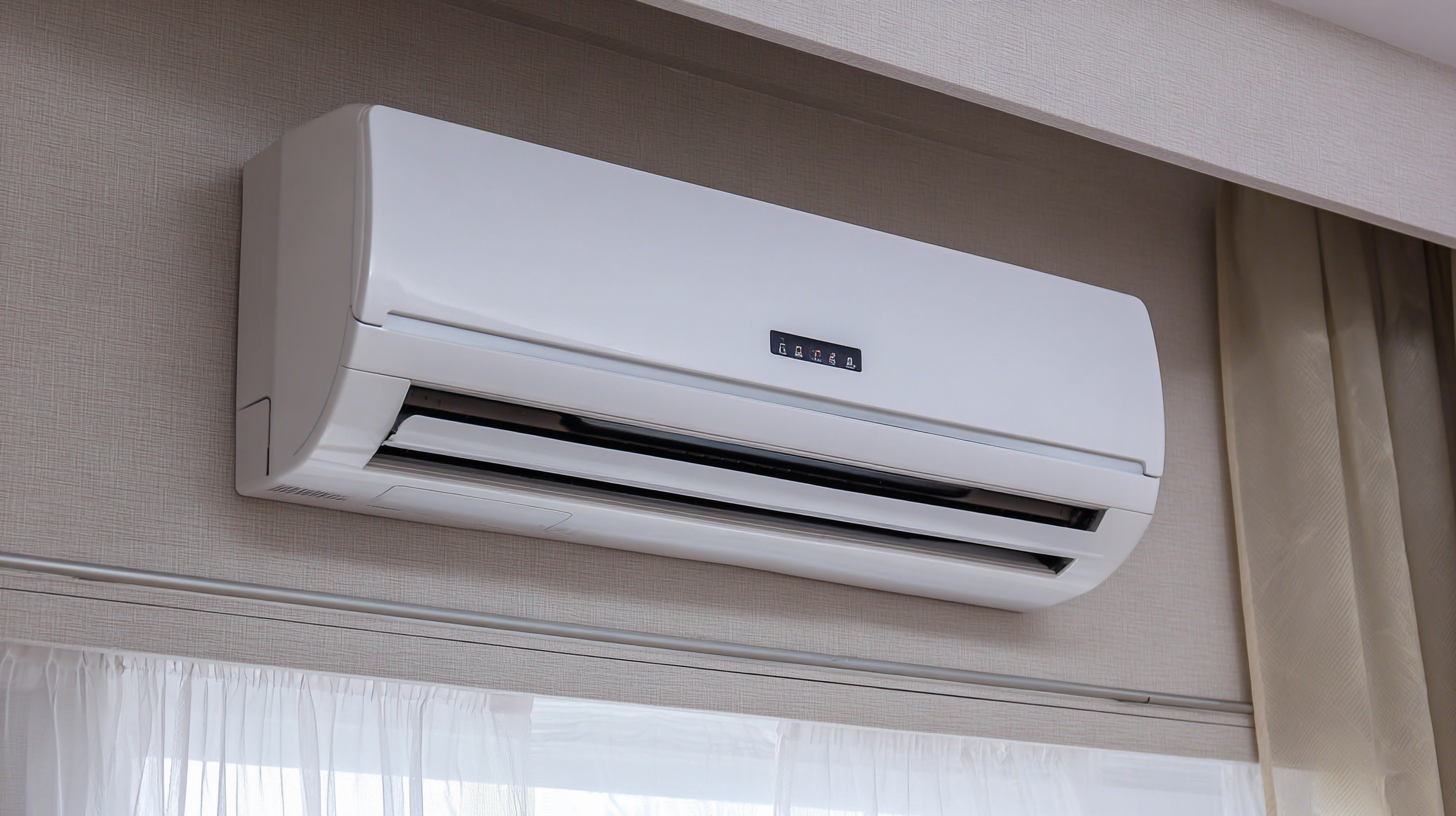
Additionally, it's essential to consider Energy Star certifications, which signify that a unit meets strict efficiency guidelines set by the U.S. Environmental Protection Agency. Systems with this label not only help reduce greenhouse gas emissions but also ensure that you benefit from potential rebates and incentives. By prioritizing energy efficiency ratings when choosing your air conditioning system, you can enhance your home's cooling performance while also supporting environmentally friendly practices and reducing long-term costs.
Assessing Installation and Maintenance Requirements for Long-term Use
When selecting a home air conditioning system, assessing the installation and maintenance requirements is crucial for ensuring long-term use and efficiency. Initially, prospective buyers should evaluate the installation complexity, which can vary significantly based on the type of system chosen. For example, central air conditioning units often require ductwork and professional installation, while ductless mini-split systems may offer a simpler installation process, making them ideal for homes without existing duct systems. Understanding your home’s layout and the specific requirements for installation will help you make an informed decision.
Maintenance is another critical factor in the longevity and performance of your air conditioning system. Regular upkeep is essential, including tasks such as changing filters, cleaning condenser coils, and scheduling annual professional inspections. Homeowners should consider systems that offer easy access to components for DIY maintenance, which can lead to cost savings over time. Furthermore, choosing a system known for its reliability and backed by comprehensive warranty options can alleviate some concerns regarding long-term upkeep and repairs. By focusing on both installation and maintenance requirements, you can select an air conditioning system that will serve your home effectively for years to come.
How to Choose the Best Home Air Conditioning System for Your Needs - Assessing Installation and Maintenance Requirements for Long-term Use
| Air Conditioning Type | Installation Complexity | Maintenance Frequency | Energy Efficiency Rating | Average Lifespan (Years) |
|---|---|---|---|---|
| Central AC | Moderate | Annual | SEER 14-21 | 15-20 |
| Ductless Mini-Split | Moderate | Annual | SEER 16-30 | 12-20 |
| Window AC | Easy | Monthly | EER 10-12 | 5-10 |
| Portable AC | Easy | Monthly | EER 8-10 | 3-7 |
Budgeting for Your Air Conditioning System: Cost Considerations and Financing Options
When budgeting for a home air conditioning system, it's essential to consider both the initial costs and ongoing expenses. The upfront price of the system itself can vary significantly based on the type, brand, and efficiency rating. Central air conditioning units tend to have higher installation costs compared to window units or ductless systems, but they often provide better long-term energy savings. Factor in additional expenses such as installation fees, which can range from hundreds to thousands of dollars depending on complexity and labor.

In addition to the initial investment, homeowners should explore financing options to ease the financial burden. Many HVAC companies offer payment plans or financing through third-party lenders, allowing you to spread the cost over several months or years. Furthermore, consider energy efficiency ratings when making your decision, as higher-rated systems may cost more upfront but result in lower utility bills in the long run. Utilizing available rebates and tax credits can also provide significant savings, making it easier to afford the system that best meets your needs.
Related Posts
-

The Ultimate Guide to Choosing the Right Residential Air Conditioning System for Your Home
-
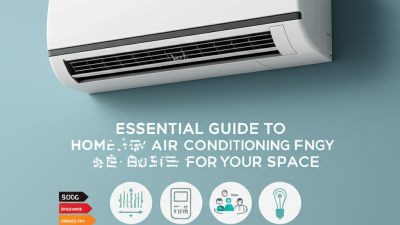
Essential Guide to Home Air Conditioning Installation: Tips for Choosing the Right System for Your Space
-
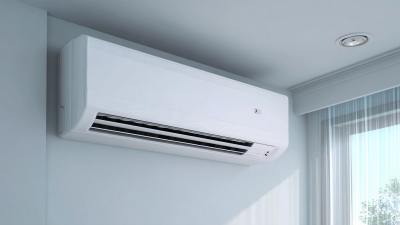
10 Essential Tips for Choosing the Best Home Air Conditioning Systems in 2023
-
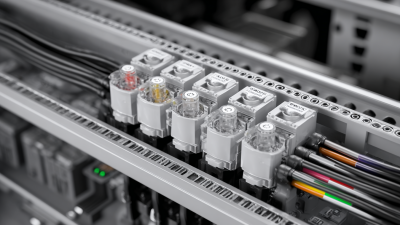
Exploring the Advantages of AC Trunking for Modern Electrical Systems
-
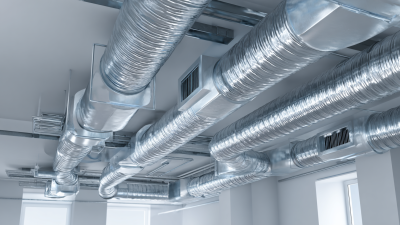
Understanding the Importance of Proper Air Conditioning Duct Installation for Energy Efficiency
-
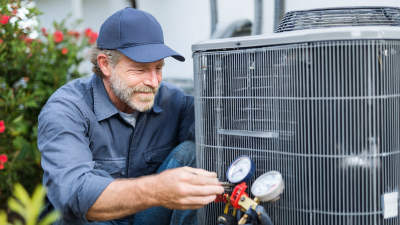
How to Choose the Right Residential Air Conditioning Installation for Your Home Comfort Needs